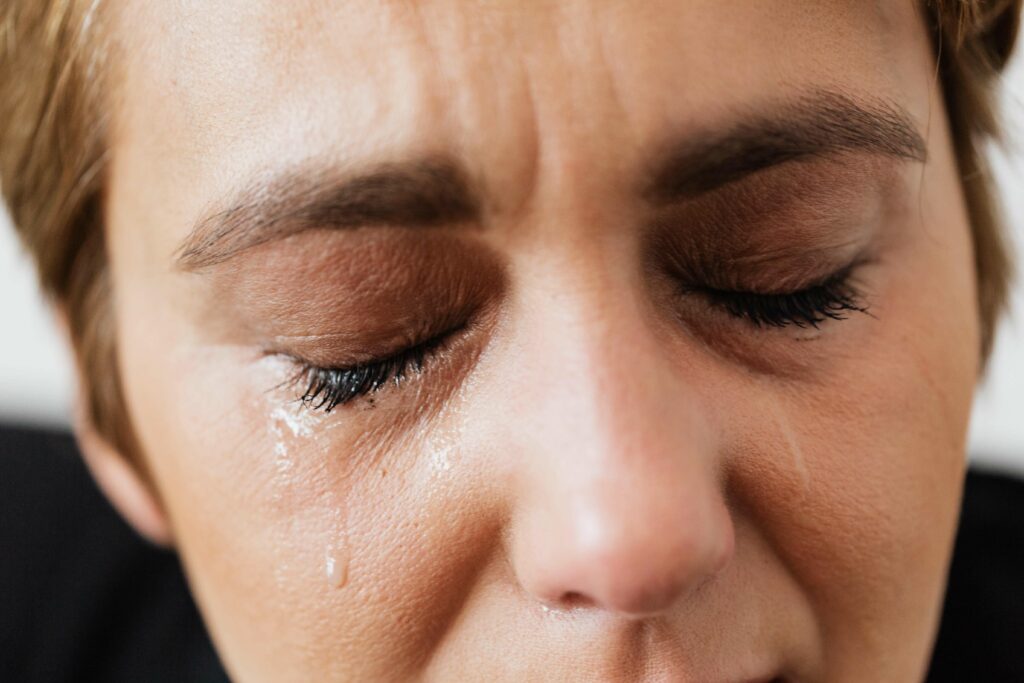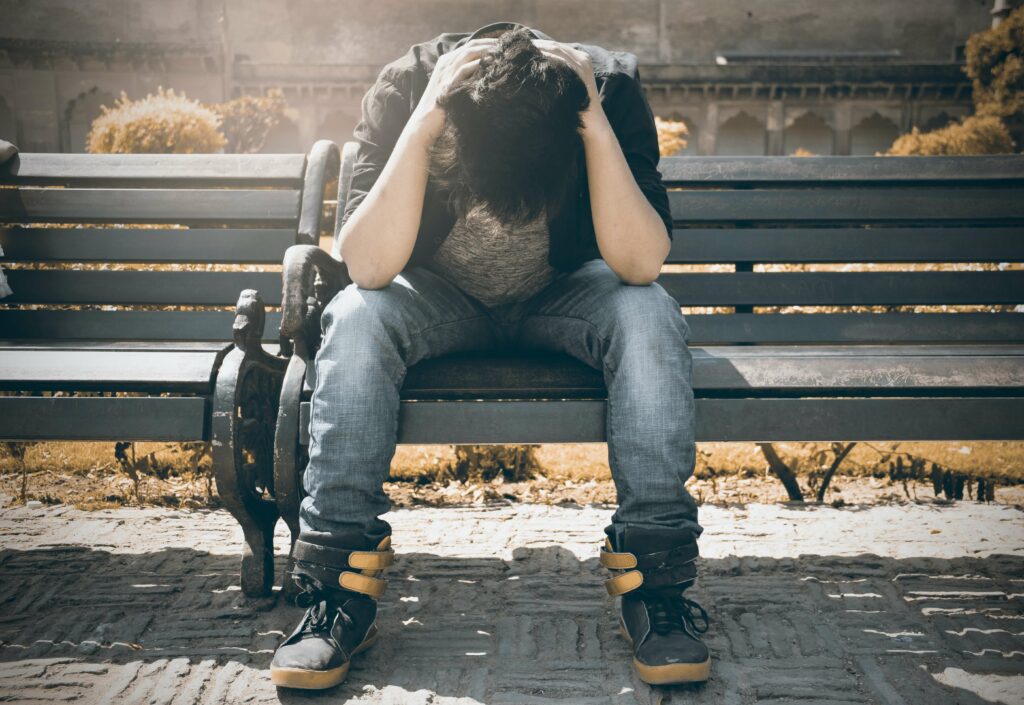You just want to unwind. So, you open a new browser window. You pull up your favorite porn site. And you kick back.
Maybe you’ve been watching porn for years. Maybe you’re just getting into it.
Did you know that watching porn can make your depression symptoms worse? It is that serious.
Why Do People Watch Porn and Risk Their Mental Health?
The relationship between watching pornography and depression is complex. There isn’t a straightforward cause-and-effect relationship. However, there are several ways in which pornography can contribute to depression.
Here are five reasons:
- Escapism: People may use pornography to escape from negative emotions or stressors in their lives. This is an avoidance behavior. Escapism can prevent them from addressing the underlying causes of their depression.
- Distorted Views of Intimacy: Pornography can create unrealistic expectations about sexual relationships and intimacy. Dating in DC is hard enough. Don’t make it harder with distorted views of sex.
- Dopamine Response: Frequent consumption of pornography can lead to desensitization of the brain’s reward system, requiring more extreme or novel content to achieve the same level of satisfaction. Seeking that extra hit of dopamine is where things get dangerous.
- Sleep Disruption: Watching pornography late at night or for extended periods can disrupt sleep patterns. This can negatively impact mood and exacerbate depressive symptoms. Most people in the US watch porn late at night.
Therapy for Depression
21 million Americans experience depression. That is 8.3% of the total population in the US. The link between watching porn and depression is a hot topic. Even Hims is writing about it.
Here are four ways therapy for depression can help reduce your porn consumption:
- Identifying Triggers: In therapy for depression you can explore your triggers. Knowing your triggers is the very first step in improving your depression. It can also help reduce your porn consumption.
- Mindfulness and Self-Awareness: In therapy for depression you will learn mindfulness techniques. We don’t want you to become an expert meditator. We want you to learn how to take care of yourself when you’re not doing well. That is what mindfulness is.
- Healthy Relationship with Sexuality: Sex can be fun. If you’re after dopamine, sex will give you much more than that 🙂 Therapists can assist individuals in developing a healthier and more balanced relationship with their sexuality without porn.
- Replacing Negative Habits: They say that the neurons that wire together fire together. If “feeling better” means “watching porn” then you’re not helping your brain rewire those connections. New habits will create new brain connections. We’ve seen it happen thousands of times.
Begin Therapy for Depression in Washington, DC
We’ve been treating people with depression for over a decade. We’ve spoken with thousands of people who watch porn. It isn’t weird to us because it is so common.
It is also very common for us to help people reduce their depression and porn consumption. Helping people feel better is what we are all about.
Send us a text, email, or give us a call today. We offer consultations for anyone interested in our services or who wants to know more. You can book your consultation on our website, by texting us at 202-998-ADHD (2343), or by emailing [email protected].
We offer free consultations because we want to answer your questions before we begin therapy for depression with you or someone you know. We are your resource to make it easier, even if you don’t work with us.
Other Mental Health Services We Offer
Therapy for depression is only one of the services we offer. We also provide counseling for ADHD, anxiety, and PTSD as well as EMDR Therapy. We also offer mental health assessments and ADHD diagnostic evaluations if you need a diagnosis or aren’t ready to start counseling. Neurofeedback is also a great option if you don’t want to try medications.



Leave a Reply